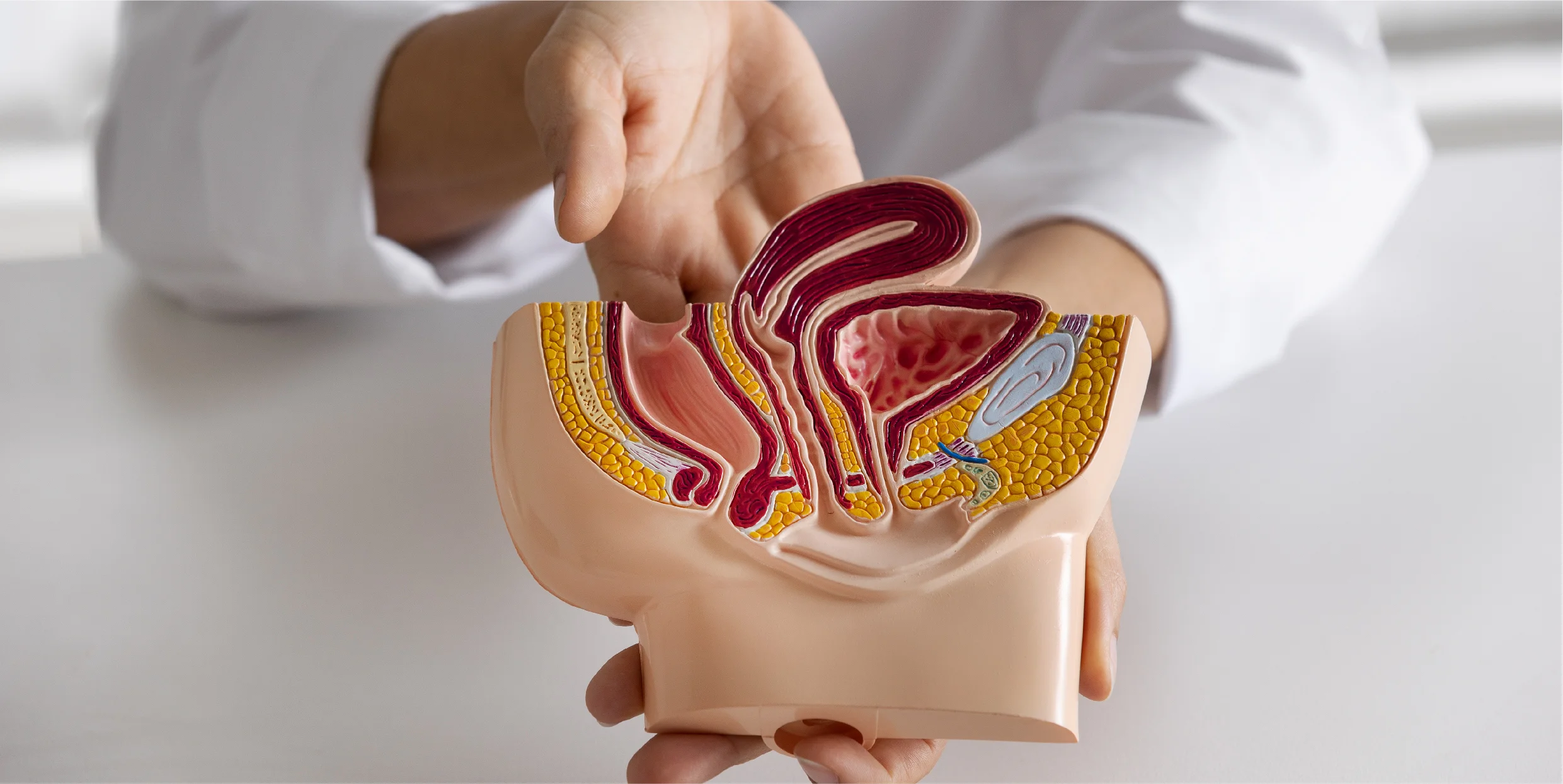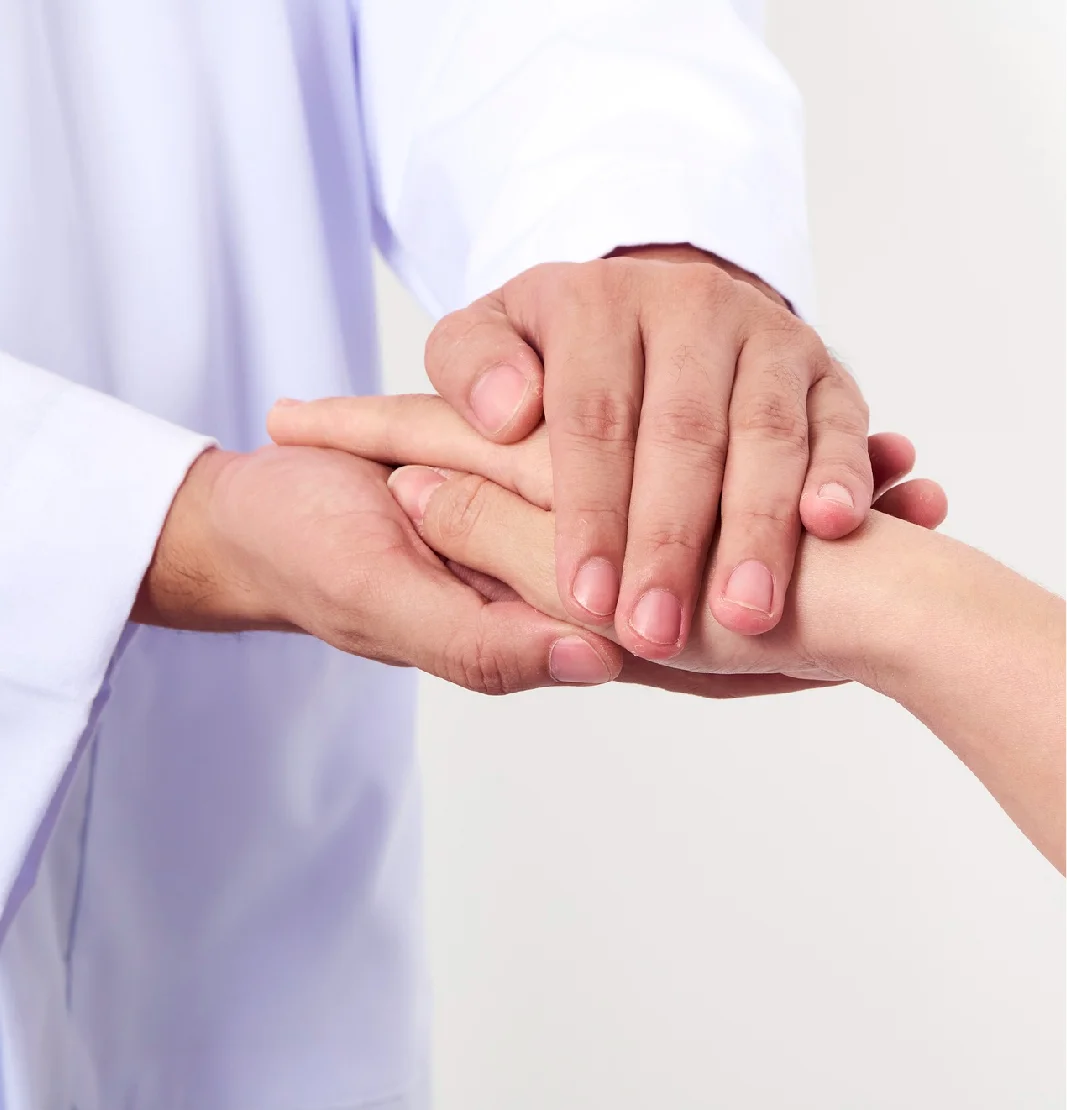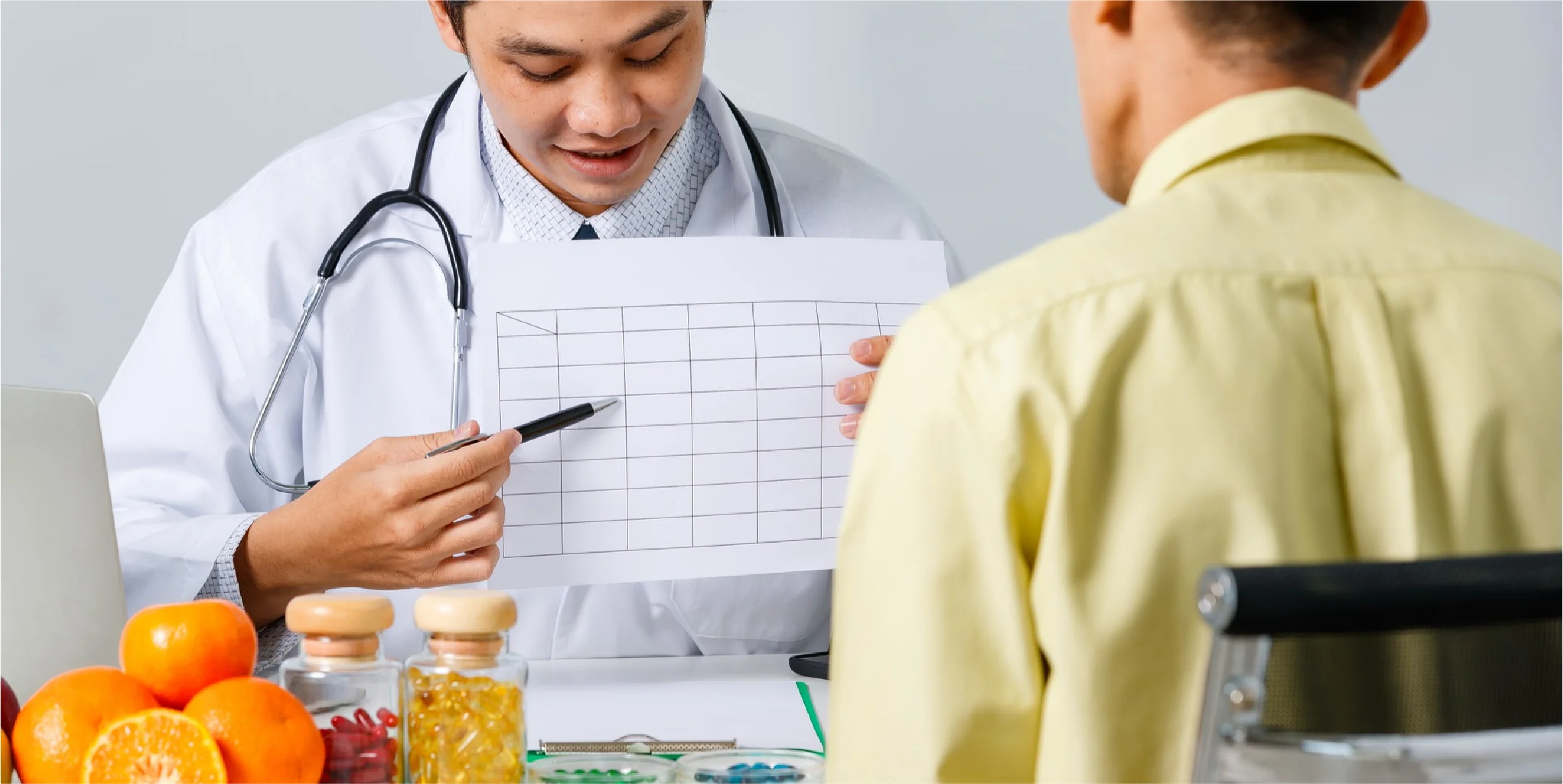
Welcome to Bhagwan Mahaveer Cancer Hospital & Research Centre (BMCHRC), a beacon of hope and healing for individuals confronting Uro Oncology. Our institution stands as a pillar of comprehensive care, where cutting-edge treatments merge with compassionate support to guide patients towards optimal health outcomes.
Welcome to Bhagwan Mahaveer Cancer Hospital & Research Centre (BMCHRC), a beacon of excellence in uro oncology where cutting-edge treatments converge with compassionate care to provide comprehensive solutions for patients facing cancers of the urinary system. With a multidisciplinary team of specialists and state-of-the-art facilities, we are dedicated to guiding patients through their cancer journey with expertise and empathy.

Urological cancers encompass a spectrum of malignancies affecting organs such as the kidneys, bladder, prostate, testes, and adrenal glands. These cancers present unique challenges due to their diverse nature and varying treatment approaches. Early detection and personalized treatment strategies are crucial in achieving favorable outcomes for patients with urological malignancies.
.webp)
At BMCHRC, we embrace a multidisciplinary approach to uro oncology care, bringing together experts from various specialties including urology, medical oncology, radiation oncology, pathology, radiology, and supportive care services. This collaborative model ensures that patients receive comprehensive evaluation, individualized treatment plans, and coordinated care throughout their cancer journey.

Driven by a commitment to innovation, BMCHRC is equipped with advanced treatment modalities and technologies to deliver the highest standard of care for urological cancers. From minimally invasive surgical techniques such as robotic-assisted surgery and laparoscopy to precision radiation therapies and targeted molecular therapies, we offer a wide range of treatment options tailored to each patient's specific needs.

We understand the emotional and physical toll that a diagnosis of urological cancer can have on patients and their families. That's why we provide compassionate, patient-centered care that prioritizes the individual needs and preferences of each patient. Our team is dedicated to offering guidance, support, and encouragement throughout the treatment process, empowering patients to face their diagnosis with strength and resilience.

Proper nutrition plays a vital role in supporting overall health and well-being during urological cancer treatment. Our registered dietitians work closely with patients to develop personalized nutrition plans tailored to their unique dietary needs and treatment goals. Whether it's managing dietary restrictions, addressing weight changes, or optimizing hydration, we provide comprehensive nutritional guidance to support patients throughout their cancer journey.

In addition to conventional treatments, we offer access to integrative therapies aimed at enhancing overall well-being and quality of life for patients with urological cancers. From acupuncture and massage therapy to mindfulness practices and relaxation techniques, these complementary therapies can help alleviate symptoms, reduce stress, and promote physical and emotional healing.
.webp)
At BMCHRC, we believe in empowering patients through education and active participation in their treatment decisions. Our comprehensive patient education programs provide valuable information and resources to help patients understand their diagnosis, treatment options, and self-care strategies. By empowering patients with knowledge, we aim to promote informed decision-making and enhance their overall cancer experience.
As part of our commitment to advancing cancer care, BMCHRC actively participates in pioneering research initiatives and clinical trials focused on urological cancers. Through our research efforts, we strive to identify novel treatment approaches, improve treatment outcomes, and ultimately find a cure for urological malignancies.
Meet our esteemed team of medical professionals, each equipped with years of specialized expertise and unwavering dedication to patient care.
Request a callback from our healthcare specialist
Common symptoms may include blood in the urine, changes in urinary habits (such as increased frequency or urgency), pain or discomfort in the pelvic area, unexplained weight loss, fatigue, and swelling in the legs or lower extremities. However, it's essential to note that these symptoms can also be caused by other conditions, but any persistent or concerning symptoms should be evaluated by a healthcare professional.
Diagnosis often involves a combination of imaging tests (such as CT scans, MRI, or ultrasound), blood tests (including tumor markers), and tissue biopsy to confirm the presence of cancer cells and determine the type and stage of urological cancer.
Treatment options may include surgery, chemotherapy, radiation therapy, immunotherapy, targeted therapy, and/or a combination of these modalities. The choice of treatment depends on factors such as the type, stage, and location of the cancer, as well as the patient's overall health and preferences.
Surgery is often a primary treatment option for urological cancers, especially for tumors that are localized and can be removed surgically. The type of surgery recommended will depend on the location and extent of the cancer, as well as other factors specific to each individual case.
Side effects can vary depending on the type of treatment received but may include fatigue, nausea, vomiting, diarrhea, hair loss, changes in appetite, and urinary issues. Your healthcare team will work closely with you to manage side effects through medications, supportive care measures, and lifestyle adjustments.
The duration of treatment varies depending on factors such as the type and stage of cancer, the treatment modalities used, and individual response to therapy. Treatment may range from several weeks to several months, and may involve a combination of surgery, chemotherapy, and/or radiation therapy.
Whether or not you can continue working during treatment depends on several factors, including the type of treatment, its side effects, and the demands of your job. Some patients are able to work part-time or remotely, while others may need to take time off to focus on treatment and recovery. Your healthcare team can provide guidance based on your individual circumstances.
Yes, many cancer centers offer support services for caregivers and family members, including counseling, support groups, educational resources, and assistance with practical matters such as transportation and lodging. These services are designed to help caregivers cope with the challenges of supporting a loved one through cancer treatment.
Nutrition plays a vital role in supporting overall health and well-being during cancer treatment and recovery. Our registered dietitians work closely with patients to develop personalized nutrition plans tailored to their specific dietary needs and treatment goals, helping to maintain strength, manage side effects, and support healing.
Follow-up appointments are essential for monitoring your progress, assessing treatment response, and detecting any signs of recurrence or complications. The frequency of follow-up appointments may vary depending on individual factors and the specifics of your treatment plan. Your healthcare team will provide guidance on the recommended follow-up schedule for your particular situation.